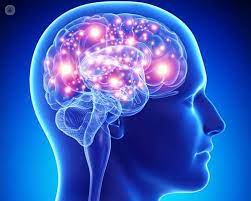Know more about Neurology and Neurosurgery !

Neurology and Neurosurgery
While both neurologists and neurosurgeons diagnose and treat conditions that involve the nervous system, neurologists don’t perform surgery. Neurologists are focused on discovering diagnosis-specific neurological conditions that can be corrected — via medications or other therapies — or require close management.
What is Neurosurgery ?
Neurosurgery is the branch of medicine that deals with surgery of the nervous system. The nervous system is made up of the central nervous nervous system and the peripheral nervous system.
What is a Neurology ?
Neurology (from Greek: νεῦρον (neûron), “string, nerve” and the suffix -logia, “study of”) is the branch of medicine dealing with the diagnosis and treatment of all categories of conditions and disease involving the brain, the spinal cord and the peripheral nerves.
How do neurological diagnose conditions?
Your neuro will ask about your medical history, family history, medication history and any current symptoms. They’ll also conduct a neurologic examination, including tests of your:
- Coordination, balance, reflexes and gait.
- Muscle strength.
- Mental health.
- Vision, hearing and speech.
- Sensation.
Your neuro may also order blood, urine or other fluid tests in order to help understand condition severity or check on medication levels. Genetic testing may be ordered to identify inherited disorders. Imaging studies of your nervous system might also be ordered to aid in diagnosis.
Neurologists treat people with medications, physical therapy or other approaches.



